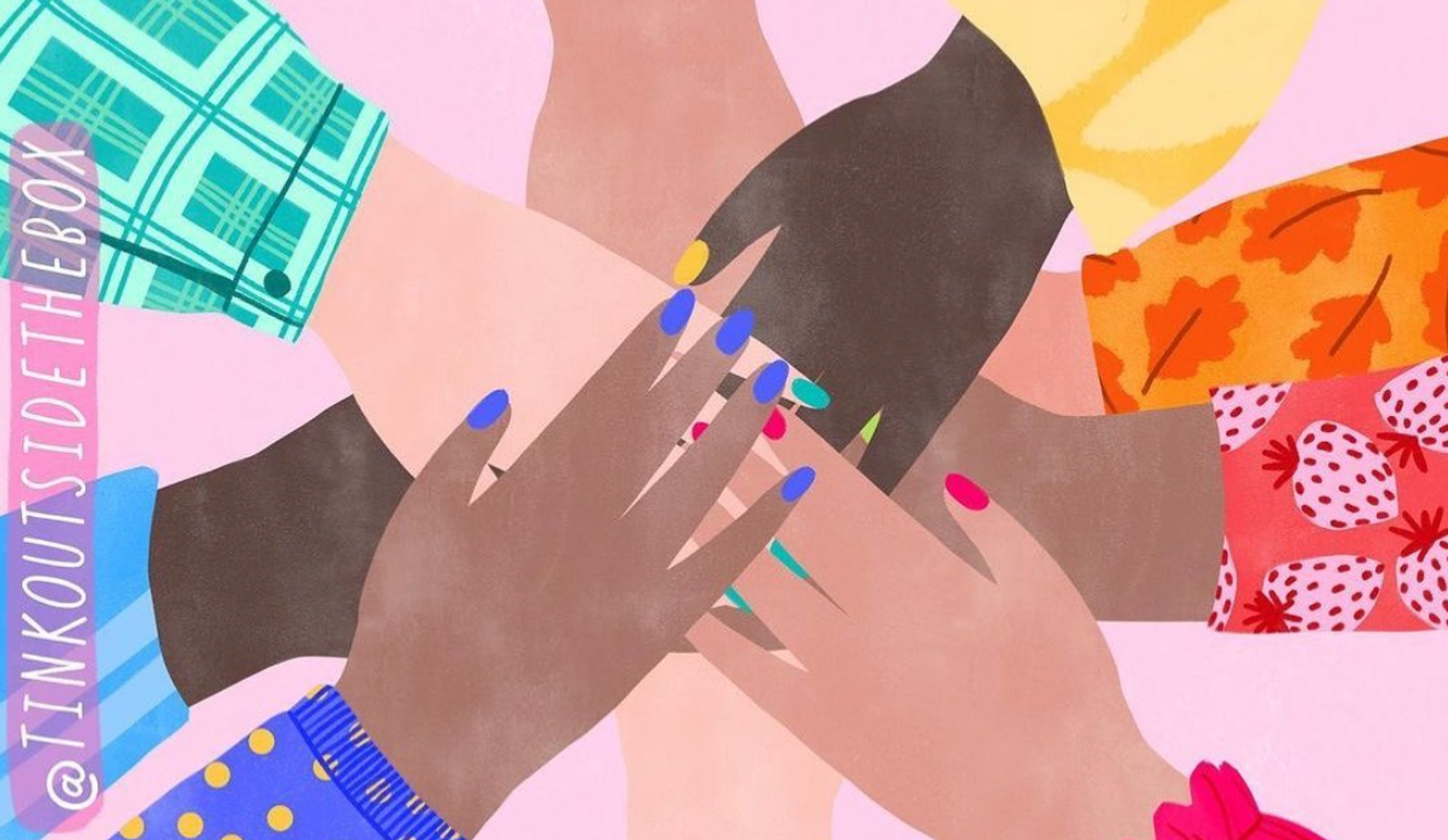
Gen Z will comprise nearly 30% of the global workforce by 2025, and they’re set to be the next cohort of business leaders. Unafraid to challenge convention and express themselves they’re redefining career norms as we know them. So what does the future of work look like for Gen Z and their employers?
Quiet quitting. Lying flat. The Great Resignation. Gen Z makes it clear that they do not dream of labour, which can be a terrifying prospect for employers. They’re now killing the happy hour, ditching obligatory work lunches, and militantly setting boundaries with their managers.
Kim Kardashian once proclaimed that “nobody wants to work these days,” which sounds a whole lot like Gen Z. But it’s far from the truth – 77% of Gen Zers are looking for new jobs and they’re 25% more likely than the average professional to work multiple jobs.
Except this time, they’re faced with a pretty bleak set of circumstances: a global permacrisis, rising costs of living, mass layoffs… the list goes on.
So, who are the Gen Z workers of today?
They’re the most diverse among all the generations, with one in five US Gen Zers identifying as LGBTQ+ and nearly half being non-White.
From politics to media consumption and advertising, Gen Zers expect their identities to be reflected in the world around them – and the workplace is no exception. They’re shaping the future of work culture as we know it and employers will need to get on board if they want to attract top Gen Z talent.
Flexibility comes first
With the pandemic upending traditional nine-to-five structures, hybrid work is here to stay. It’s becoming the default expectation for Gen Zers: 18- to 34-year-old Americans are 59% more likely to leave a job that removed that option, while four in ten Australian Gen Zers are willing to forgo a salary increase of 6% to 20% in favour of hybrid arrangements.
It’s not that Gen Z hates going back to the office, though. The key here is flexibility: young employees want to feel in control of their time and environment. They still value the sense of community that comes with office life, which isn’t surprising considering that this generation came of age in an era of mass isolation.
If there’s anything that the pandemic taught Gen Zers, it’s that stability is an illusion. Embracing side hustles and passive income streams, this new generation of ‘polyworkers’ are no longer satisfied with linear and fixed career paths.
As we inch closer to the reality of a four-day work week, Gen Zers are likely to expect more flexible arrangements that enable them to find fulfilment beyond the confines of a single permanent job.
Facilitate authentic self-expression
Gen Zers are known for their creative spirit and they see the workplace as a conduit for them to express their ideas, perspectives, and identities. Indeed, six in ten Gen Zers in APAC say they strongly believe in the power of curiosity and creativity, and 92% of globally value authenticity.
From cheeky email signatures to terrorising their Gen Y colleague’s emoji choices, it’s Gen Z’s world now and we’re just living in it. It’s more than that though, as data reveals that leaders with a sense of humour are perceived as more motivating and their employees are also 15% more engaged at work.
Help Gen Z feel valued, not exploited
Gen Z is putting into practice what previous generations couldn’t – standing up to toxic employers, demanding fair wages, and putting their mental health first. With 97% of Gen Zers already experiencing burnout, the rise of ‘Bare Minimum Mondays’ reflects this generation’s staunch refusal to cave into exploitation.
Surface attempts at diversity, equity, and inclusion (DE&I) no longer cut it for Gen Z and tokenistic efforts will be called out.
With over 80% of Gen Z job-seekers saying they hope to participate in a company’s DE&I committee or contribute to a company’s DE&I strategy, they’re shaping the future of work and actively becoming part of the change they want to see.



